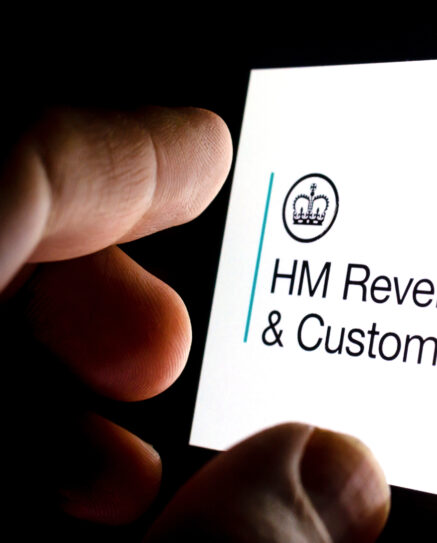Budget 2024: Figuring out the new FIG regime

Whilst other announcements from the Budget will attract the headlines, the real ‘meat’ is in the new rules to replace the UK’s non-dom status and the remittance basis, as Jo Summers, partner in the Private Wealth & Tax team at Jurit LLP, explores.
However politically awkward it might be, these special tax rules have attracted many people to move to the UK, and abolishing the rules could prove to be an own goal when it comes to increasing the tax-take for UK plc.
From 6 April 2025, the concept of domicile will be dropped from the UK tax system. Instead, like many other countries, we will look solely at residence (with no changes to the existing Statutory Residence Test).
Anyone coming to the UK for the first time, or after being non-resident for 10 consecutive years, is entitled to the new FIG (foreign income & gains) rules.
These are arguably more generous than the existing remittance basis, in that they allow the taxpayer to pay no UK tax on their FIG, even if it is later brought into the UK.
Interestingly, there is nothing preventing a British national (who would previously have been classed as UK domiciled) from accessing the FIG treatment if they have been non-UK resident for at least 10 consecutive years before their return.
There are two big downsides to the FIG rules. Firstly, they only apply for four years. This compares poorly with many other countries that have special 10-year rules to attract wealthy immigrants.
Secondly, you could claim the remittance basis without having to tell HMRC exactly what you had offshore, so HMRC had no idea how much UK tax you were saving by being taxed on the remittance basis.
The FIG rules, on the other hand, require a greater degree of disclosure. Cynics might suggest this is HMRC’s way to get more information on newly arrived taxpayers’ foreign wealth, so it is easier to check they are disclosing everything after the end of the 4-year FIG period.
The FIG claim requires the taxpayer to quantify the amount of income or gains for which relief is being claimed. If the taxpayer makes no claim, or misses some offshore income or gains from the FIG claim, then the default is paying full UK tax on the arising basis at normal rates.
The FIG treatment has to be claimed in the self-assessment tax return. For reasons I really do not understand, the deadline for a FIG claim is 31 January in the second year after the relevant tax year.
So, a claim for FIG treatment in 2025/2026 needs to be filed by 31 January 2028. As with the remittance basis, taxpayers can opt in and out of the FIG treatment during the 4 years, but there’s no roll over beyond the 4 years (use it or lose it!).
Whether these new FIG rules are generous enough to attract wealthy foreigners to live in the UK remains to be seen, particularly when there are so many other countries with longer special tax regimes on offer.
For more information or help and advice, get in touch.
Jo Summers Partner - Private Wealth & Tax +44 (0) 20 7846 2370 jo.summers@jurit.comPlease note this paper is intended to provide general information and knowledge about legal developments and topics which may be of interest to readers. It is not a comprehensive analysis of law nor does it provide specific legal advice. Advice on the specific circumstances of a matter should be sought.








